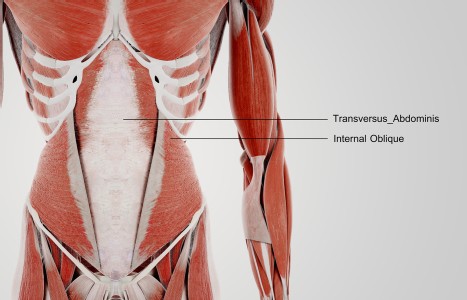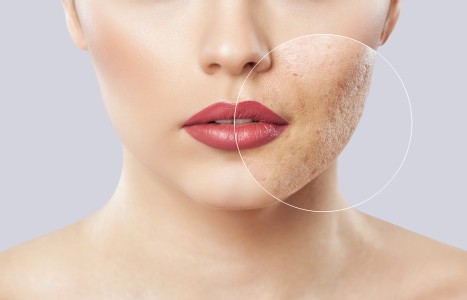TrA-2, my primary needle location, I needle 95% of the time and I think it works the best. You’ll know you have the right point location when you discover the muscle twitching when applying electric stimulation.
Canadian Acupuncturists Call for Provincial Coverage in Alberta
While more than 40 states in the U.S. already have acupuncture laws on the books, the situation is not as well defined in Canada. Currently, only three provinces - Alberta, British Columbia and Quebec - have passed laws for the regulation of acupuncture as an autonomous health profession. To make matters worse, none of the country's provincial health systems cover acupuncture services, forcing people to pay out-of-pocket for care and depriving millions of Canadians the opportunity to experience its healing power.
In at least one province, however, the tide appears to be turning. In response to a growing outcry from patients and practitioners, members of the Acupuncture Society of Alberta have launched a campaign to persuade the province's health system, Alberta Health, to begin including acupuncture in its Medicare coverage.
"If acupuncture services were to be covered by health care, that could save the province a lot of money," said Marc Raedschelders, the society's past president. "We think we can work together with the public to convince the government of acupuncture's value."
According to Victor Wong, the society's treasurer, the average acupuncture treatment in Alberta costs between $50-$65. Depending on the condition, a patient may require up to three treatments a week, which can add up to a significant amount of money in a relatively short time.
"So far, acupuncture is not covered by Alberta Health. Patients either pay for it themselves or they have an extended health plan coverage," said Wong. "We have a lot of testimonials and patients complaining they cannot continue the treatment with acupuncture because of financial constraints."
Alberta Health has made some strides toward complementary and alternative medicine research. This past summer, the health system (along with the Alberta Medical Association) contributed $50,000 toward research that would scientifically prove the benefits of a program of spiritual guidance and meditation exercises.
Wong said that acupuncturists met with Gary Mar, the province's Minister for Health and Wellness, late last year to discuss the issue. Mar also told the Edmonton Journal that Alberta Health would take a "hard look" at funding alternative therapies such as acupuncture if they could be proven effective.
"If there's significant success in using acupuncture for smoking cessation, maybe we should cover that because the cost of smoking to our health care system is dramatic," Mar said in November.
However, David Gray, a spokesperson for Alberta Health, said there are no current plans to include acupuncture in the province's health care program.
"At this point, there is nothing on the table," said Gray.
"After the meeting, he (Mar) contacted our society to provide research studies on acupuncture," added Wong. "We sent in a whole bunch of results to him. We followed up with him but we didn't get anywhere, probably because we didn't show enough interest from the public to drive that momentum."
The society's petition campaign is intended to get that momentum going again.
"Our objective at this moment is to try to get the health minister to set up a committee to work on this action," Wong said. "For now, if they want to sign it, they can check for acupuncturists in the Yellow Pages. All members of the Acupuncture Society of Alberta have petition forms."
In addition to petition forms at individual offices and clinics, the society is also planning to set up information booths in local shopping malls to boost interest.
Raedschelders, who coordinates the acupuncture program at Grant MacEwan College, the only public facility in Alberta that trains registered acupuncturists, hopes the petition campaign will be enough to convince the government to take a serious look at how acupuncture services could benefit the health of the province's citizens - and reduce some of the costs associated with traditional medical care.
"Studies show acupuncture can prevent much more expensive medical procedures and relieve the burden on medical clinics," he said. "I'm not saying we'll replace them - far from it - but maybe we can help to reduce the need for doctor visits."


